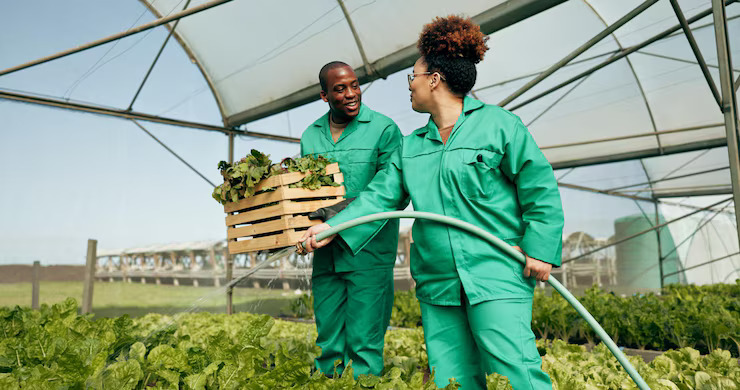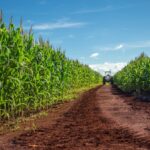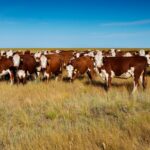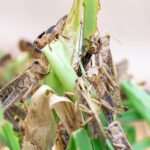For many South African farmers, access to funding remains one of the biggest challenges when it comes to growing and sustaining their agricultural businesses. In 2025, grants and subsidies continue to play a crucial role in helping farmers invest in equipment, improve productivity, and adapt to shifting climate and market conditions. Understanding how these financial supports work—and how to access them—can make a real difference for both small-scale and commercial producers.
Farming grants are non-repayable funds provided by government departments, development agencies, or private foundations to support specific agricultural activities. These may include land preparation, purchasing seeds or livestock, investing in infrastructure, or adopting new technologies. Subsidies, on the other hand, are financial aids that help reduce the cost of inputs like fertiliser, fuel, or irrigation. Both are designed to encourage food production, job creation, and rural development.
In 2025, the Department of Agriculture, Land Reform and Rural Development (DALRRD) continues to offer several key programmes. Among them is the Comprehensive Agricultural Support Programme (CASP), which provides funding for on-farm infrastructure, training, and mentorship for emerging farmers. CASP targets land reform beneficiaries and smallholder farmers who need help becoming fully productive. Application windows usually open early in the year, and farmers are encouraged to work through provincial agricultural offices for guidance.
Another important source of support is the AgriBEE Fund, aimed at promoting transformation and inclusion in the sector. It assists black-owned farming enterprises in accessing finance, markets, and business development support. In 2025, the AgriBEE Fund has expanded its focus to include value-chain integration—helping farmers not just produce but also process and distribute their products.
Youth and women farmers continue to receive targeted support. Programmes like the Young Producer and Entrepreneur Strategy (YPES) and Women in Agriculture and Rural Development (WARD) offer tailored grants, technical training, and startup support to ensure broader participation in farming. These initiatives are vital in addressing unemployment and bringing fresh talent into the agricultural space.
Provincial governments also offer their own subsidies and grant programmes. For instance, the Western Cape’s Smart Agri initiative supports farmers in implementing climate-resilient practices, while KwaZulu-Natal provides funding for community gardens and smallholder irrigation. Keeping in contact with local agricultural extension officers is one of the best ways to stay updated on region-specific opportunities.
Private organisations, agribusinesses, and non-governmental organisations also run funding and mentorship programmes. In 2025, there’s a growing trend of banks and retail chains partnering with farmers to offer co-funding opportunities, technical advice, and market access, especially for those producing high-demand crops like vegetables, maize, or livestock.
To qualify for most grants or subsidies, farmers must provide a clear business plan, prove land access or ownership, and in some cases, demonstrate experience in farming. Recordkeeping, compliance with environmental regulations, and willingness to undergo training are also common requirements. The application process can be lengthy, but the benefits—both financial and developmental—are significant.
In a tough economic climate, grants and subsidies are more than just handouts. They are vital tools that allow farmers to invest in their future, grow their businesses, and contribute to food security and employment. By understanding what’s available in 2025 and taking the steps to apply, South African farmers can unlock new opportunities and build a more resilient agricultural sector for generations to come.
Join 'Farmers Mag' WhatsApp Channel
Get the latest Farming news and tips delivered straight to your WhatsApp
CLICK HERE TO JOIN






